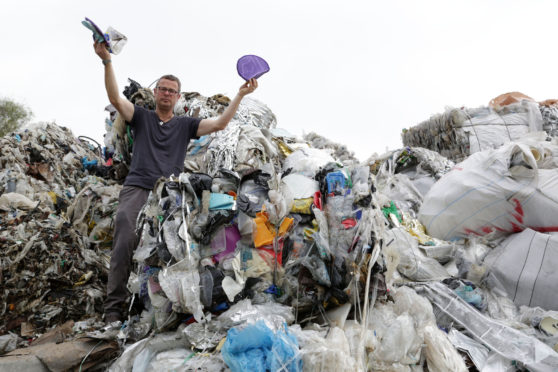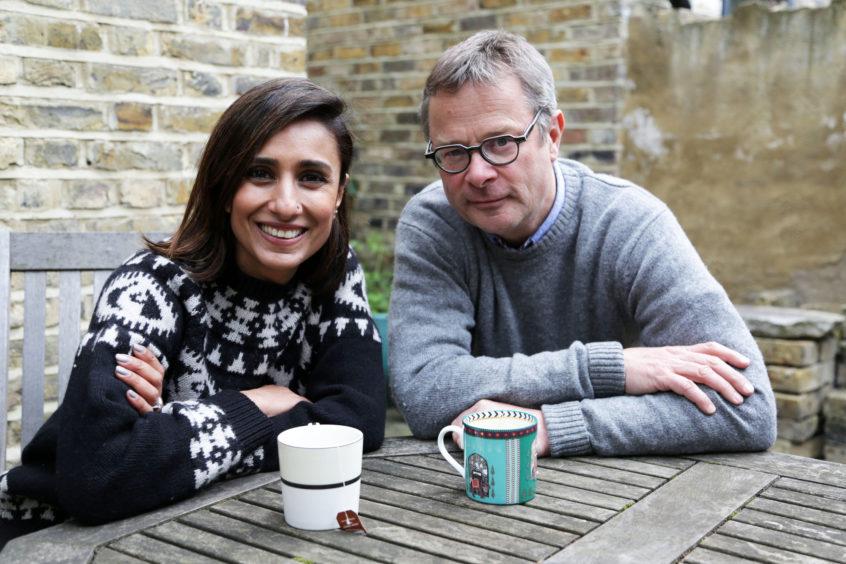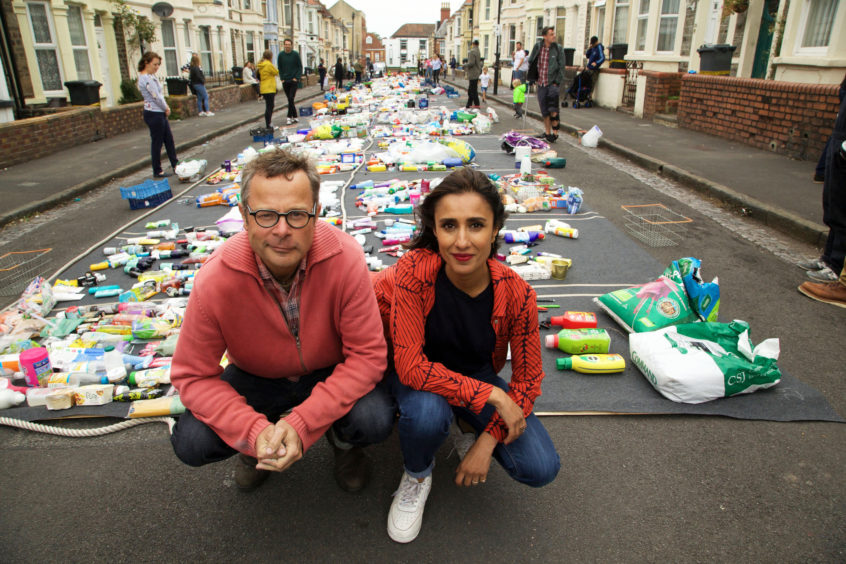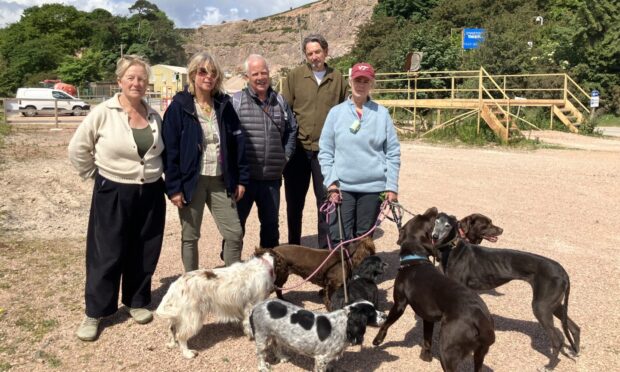One programme was a tough watch for Rebecca. Anger and guilt were just some of the emotions evoked by The War On Plastic
Last Monday, I watched a heart-breaking, gut-wrenching and all-round disgusting programme that filled me with everything from anger to guilt. Worst of all, it wasn’t a reality show, nor fictional police drama, it was a documentary, The War On Plastic on the BBC, featuring Hugh Fearnley-Whittingstall and Anita Rani. The horror I was seeing is real.
I was initially sceptical about watching it. I don’t like it when people preach at me or point out all the ways in which I could be living life better when I’d thought my life was going OK. But I’m glad I persevered with this first episode.
I agree with Anita, we have become too reliant on plastic because of it’s convenience and durability. But, as she also pointed out: “We are using a material that lasts for centuries, for just a few days or weeks.”Single-use plastic is part of our daily lives.
Just this morning, I’ve been up for 45 minutes and have already used it in about five different ways – I took out my plastic retainers, I put toothpaste from a plastic tube on to a plastic toothbrush, I poured cereal from plastic packaging into a bowl and covered it in milk from a plastic container.
During the documentary, Anita conducted an experiment on a random, 22-house street in Bristol. The residents laid out sheets in the street and all the residents brought out any single-use plastic they could find, except a lady called Kay who was agoraphobic and therefore too afraid to leave her house.
The residents collected 15,774 items, with the majority of these being from the kitchen. And that’s just one street in Bristol. On the back of that, Anita challenged them to try to reduce their plastic waste by buying their groceries without the packaging as much as possible. Turns out this makes your shopping a lot more expensive.
I must also give kudos to Kay for refusing to give up her individually wrapped snack-sized cheeses for a block, despite there being a lot less packaging involved.
I’ve been known to sit and munch on a block of cheddar on occasion, but never have I seen such commitment to the cause.
Then Hugh investigated what happens to the plastic we recycle. Other than reducing our use of plastic, recycling is another way we can save the planet – or so we are told.
But did you know a lot of our plastic gets exported to Asia, with Malaysia receiving the most? It’s disgusting and, as Hugh found out, anger-inducing, as local residents are setting up illegal “plastic processing” sites, meaning it’s just being dumped on other nations to deal with. As one local said: “You are a rich nation, you have the resources. We are a poor nation.”
I don’t like assuming the worst in people or society, but this is an embarrassment and, for once, I can truly say I’m ashamed to be British.












